Social-Emotional Development Through Play
- LeCha Brown

- Feb 22
- 3 min read
Updated: Feb 24
From the moment they enter the world, your little one begins developing essential social-emotional skills that will shape their interactions, relationships, and overall well-being. Social-emotional development encompasses the ability to form relationships, express emotions, and manage feelings in a healthy way. Understanding how these skills develop can help parents and caregivers foster emotional intelligence through play-based learning and developmentally appropriate toys.
Social-Emotional Milestones: Birth to 48 Months
Each stage of your little one's early years presents unique milestones that contribute to their social-emotional growth. The Centers for Disease Control and Prevention (CDC) and the American Academy of Pediatrics (AAP) outline the following general developmental guidelines:
0-6 Months: Early Attachment and Emotional Expression
Recognizes familiar caregivers and responds with smiles
Begins to self-soothe by sucking on hands or using a pacifier
Cries to express needs and calms when comforted
Play-Based Learning Tip: Soft plush toys and security blankets help infants feel safe and encourage early attachment. Gentle music and sensory toys can also provide soothing experiences.
6-12 Months: Social Engagement and Imitation
Shows preference for caregivers and may experience stranger anxiety
Begins to express emotions like joy, frustration, and surprise
Engages in reciprocal interactions, such as peek-a-boo and waving
Play-Based Learning Tip: Interactive toys like mirrors, sensory balls, and cause-and-effect toys (e.g., pop-up toys) help babies explore emotional responses and encourage social play.
12-24 Months: Independence and Emotional Recognition
Engages in parallel play (playing near but not directly with peers)
Imitates adult behaviors (pretending to talk on the phone, feeding a doll)
Begins using simple words to express feelings (e.g., “happy” or “mad”)
Play-Based Learning Tip: Stuffed animals, dolls, and playsets allow toddlers to act out social scenarios. Board books about emotions help children label their feelings.
24-36 Months: Expanding Social Skills and Emotional Regulation
Starts engaging in simple cooperative play
Expresses a wider range of emotions and begins learning to manage frustration
Shows empathy by comforting others
Play-Based Learning Tip: Role-playing toys such as kitchen sets, doctor kits, and dress-up costumes promote emotional understanding. Simple games that involve taking turns encourage social cooperation.
36-48 Months: Complex Emotions and Friendship Building
Develops friendships and seeks social interactions with peers
Shows increased independence and desire to make choices
Learns problem-solving strategies with guidance
Play-Based Learning Tip: Building sets, cooperative board games, and storytelling activities foster communication, teamwork, and problem-solving skills.
The Connection Between Social-Emotional Learning and Play
Play is a natural way for our littles to develop social-emotional skills. Through play, they learn to express emotions, navigate social interactions, and develop problem-solving abilities. Research shows that play-based learning fosters:
Emotional Intelligence: Engaging with developmentally appropriate toys helps children recognize and manage emotions.
Social Skills: Group play activities enhance cooperation, sharing, and turn-taking.
Resilience: Open-ended play encourages them to work through challenges and develop persistence.
Choosing Developmentally Appropriate Toys for Social-Emotional Growth
Selecting toys that align with a child's developmental stage supports their ability to learn through play. Here are some recommendations:
Infants (0-12 months): Soft plush toys, textured rattles, and high-contrast board books
Toddlers (12-24 months): Pretend play toys (dolls, play food), stacking toys, and simple puzzles
Preschoolers (24-48 months): Cooperative board games, dress-up costumes, and building blocks
Slumberkins
Slumberkins books are an excellent way to teach social-emotional development skills to toddlers. These beautifully illustrated books are designed to help our littles understand and express their emotions through engaging stories featuring relatable characters. Each book focuses on themes such as resilience, self-esteem, and mindfulness, offering caregivers valuable tools to guide conversations about feelings and relationships. By pairing storytelling with plush companions, Slumberkins creates a comforting learning experience that fosters emotional intelligence in young children. We are proud to support and offer their books. My daughter and I love reading these books together. You can check out our entire collection of Slumberkins books in our shop!
By providing children with engaging, age-appropriate toys, caregivers can create meaningful play experiences that nurture both cognitive and emotional growth.
Social-emotional development is a lifelong journey that begins in infancy. By understanding developmental milestones and incorporating the right kind of play-based learning, caregivers can help their little one's build the skills they need to thrive in relationships with positive emotional well-being. Through thoughtful interactions and the right toys, children can develop the confidence, empathy, and emotional intelligence that will support them throughout life.

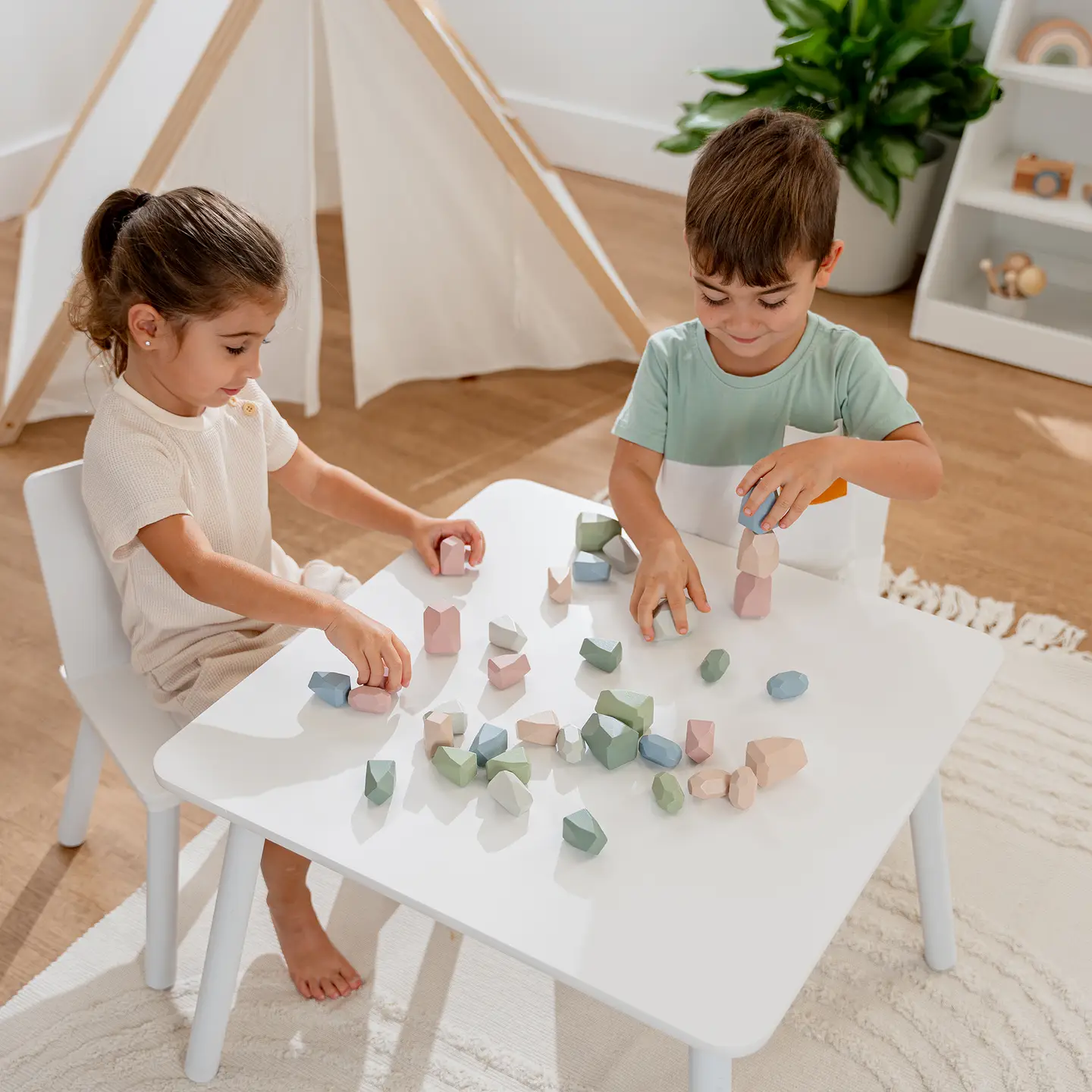
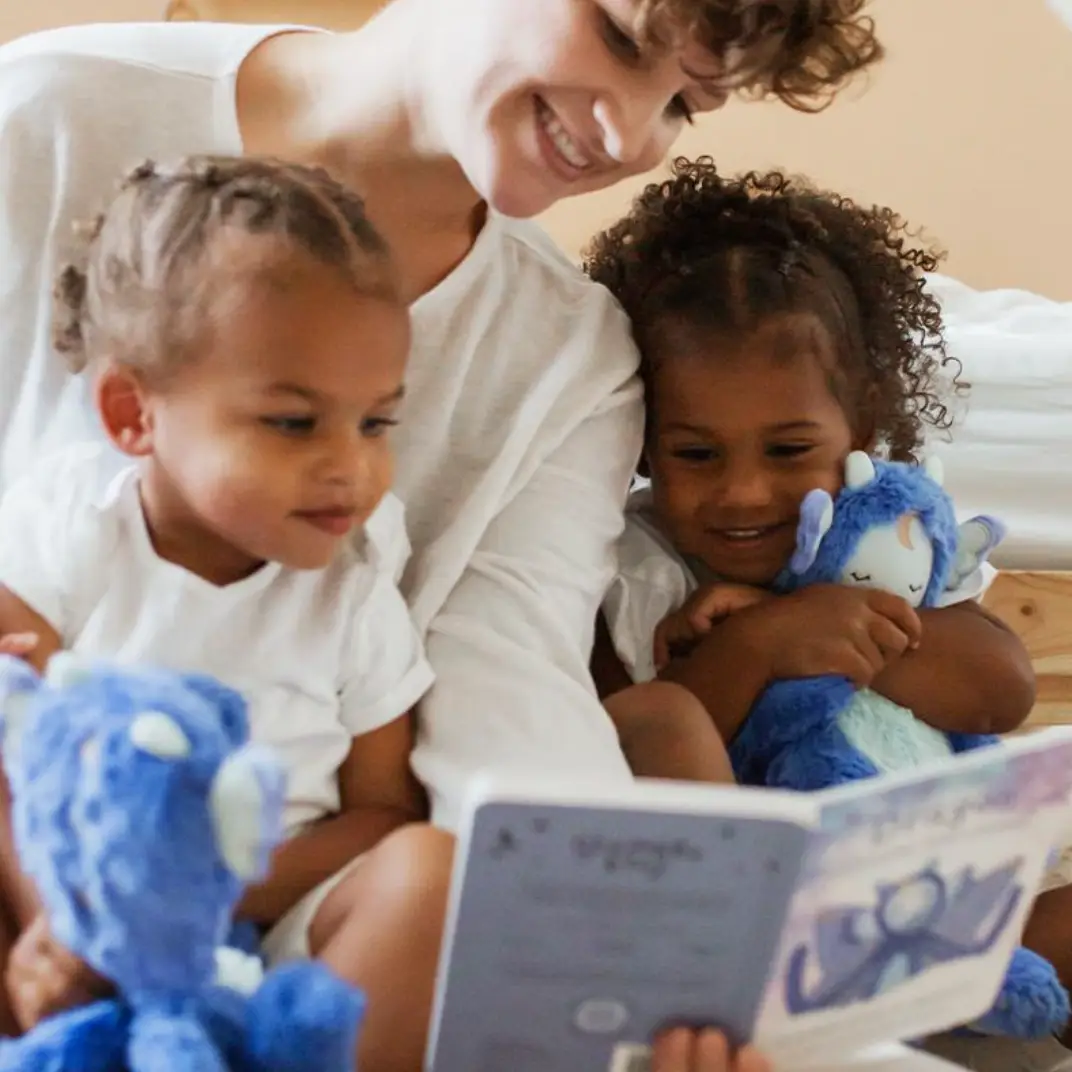
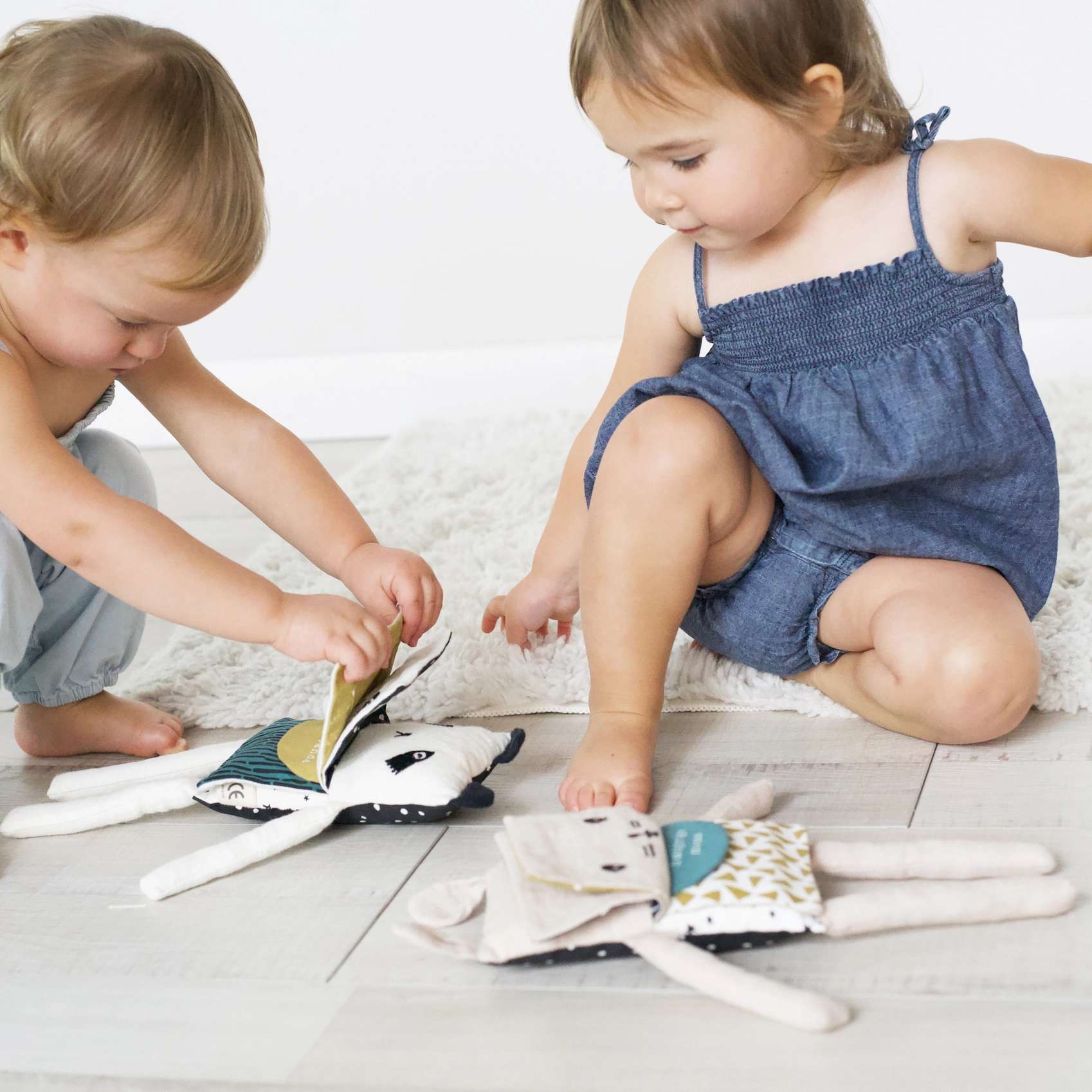







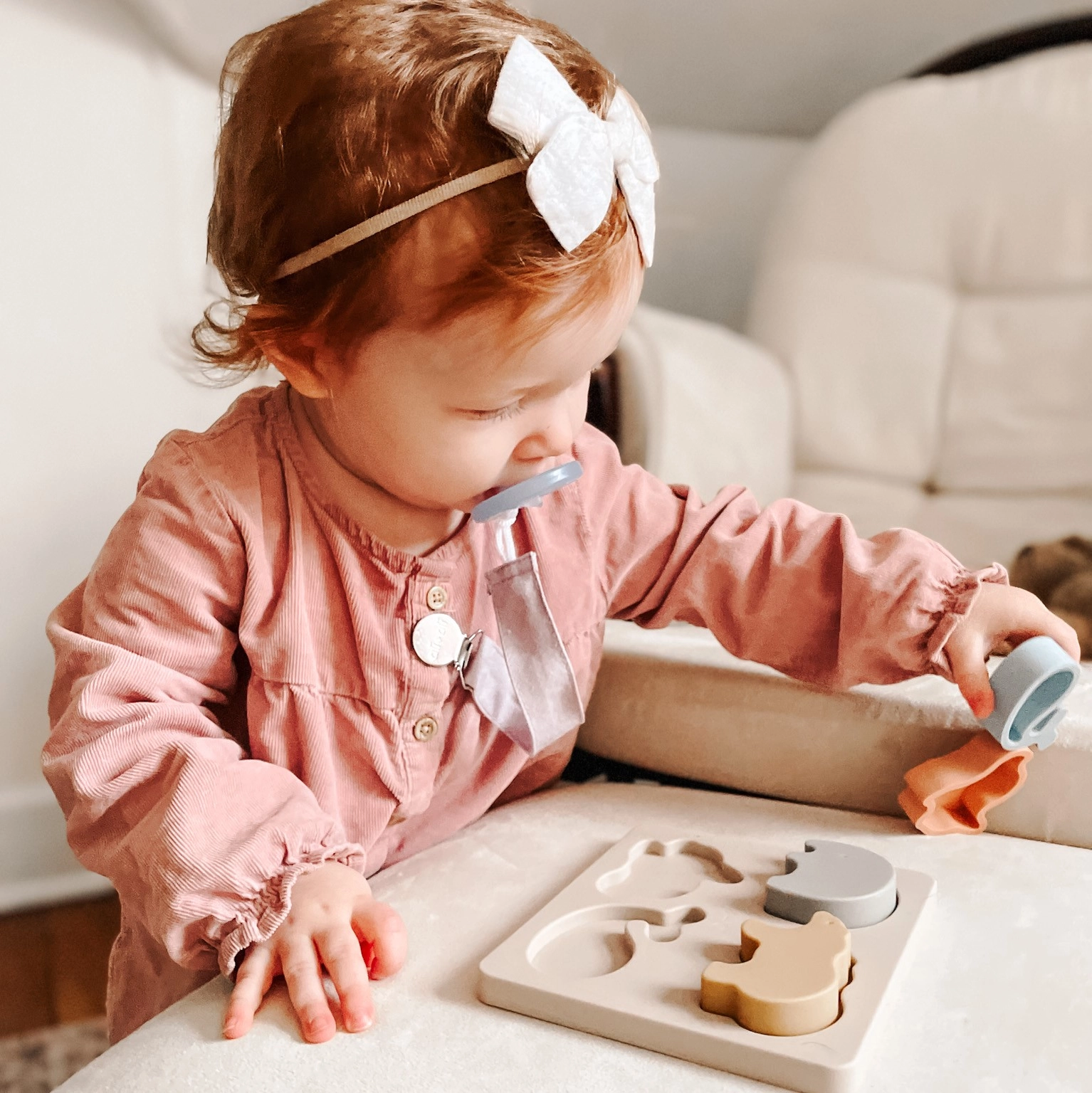
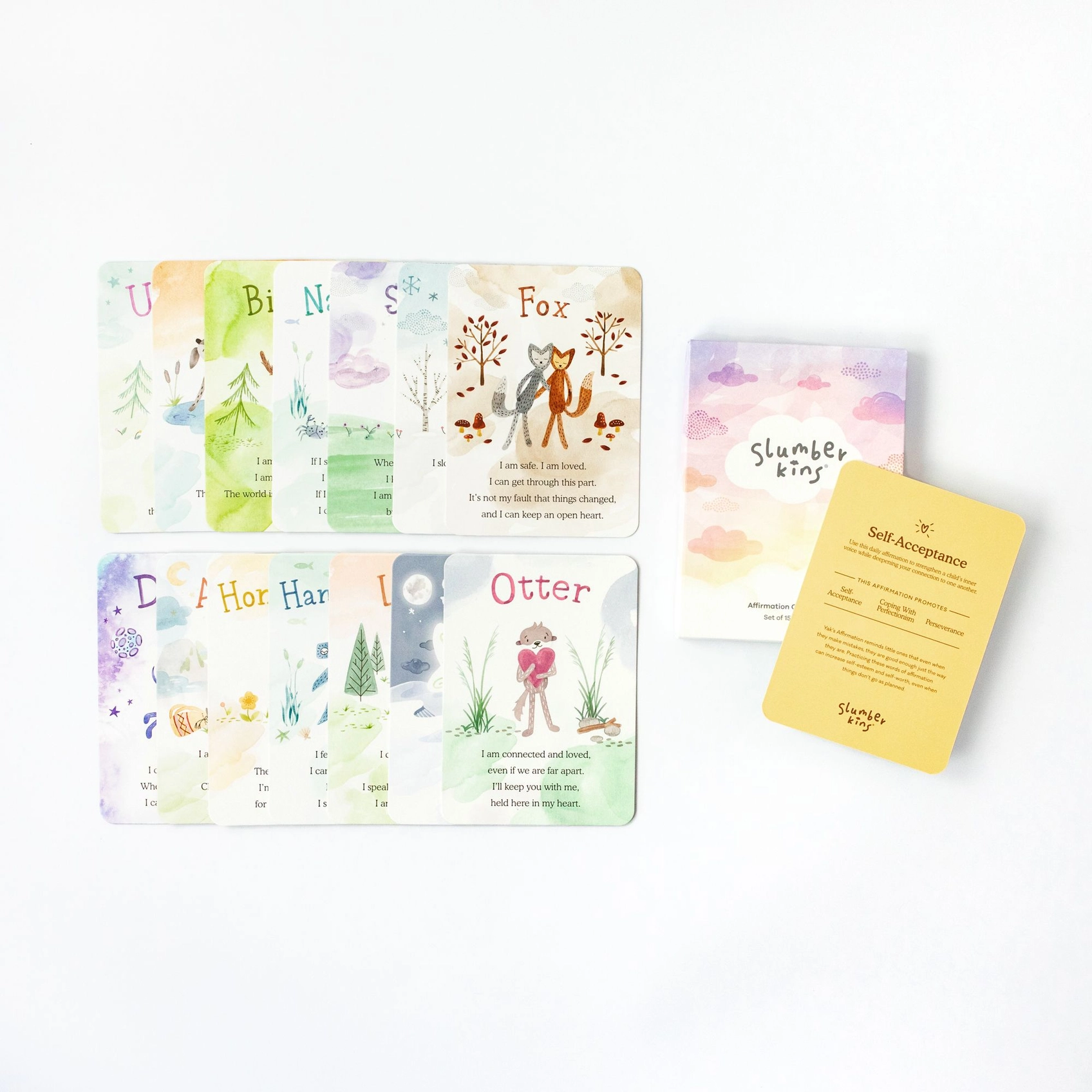
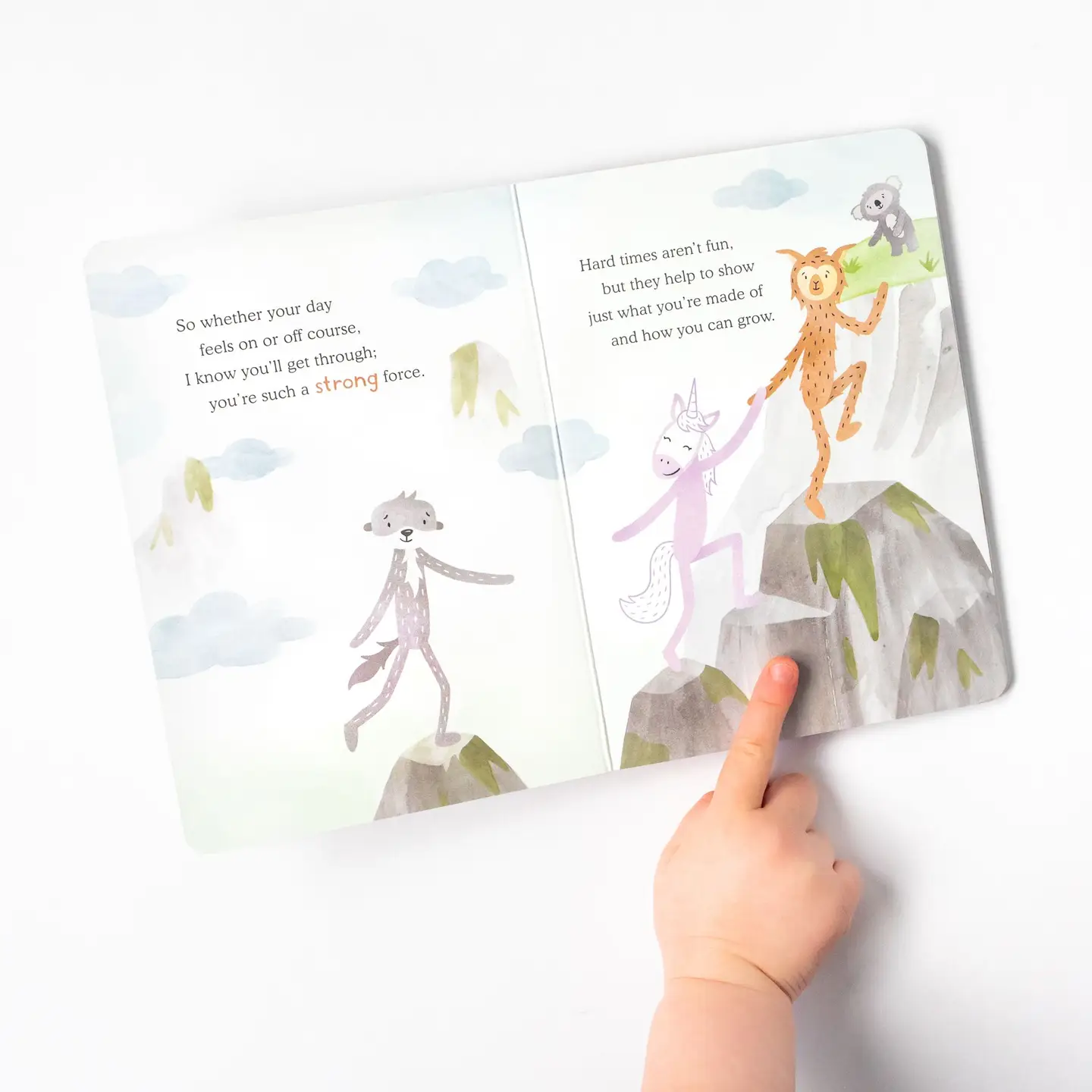
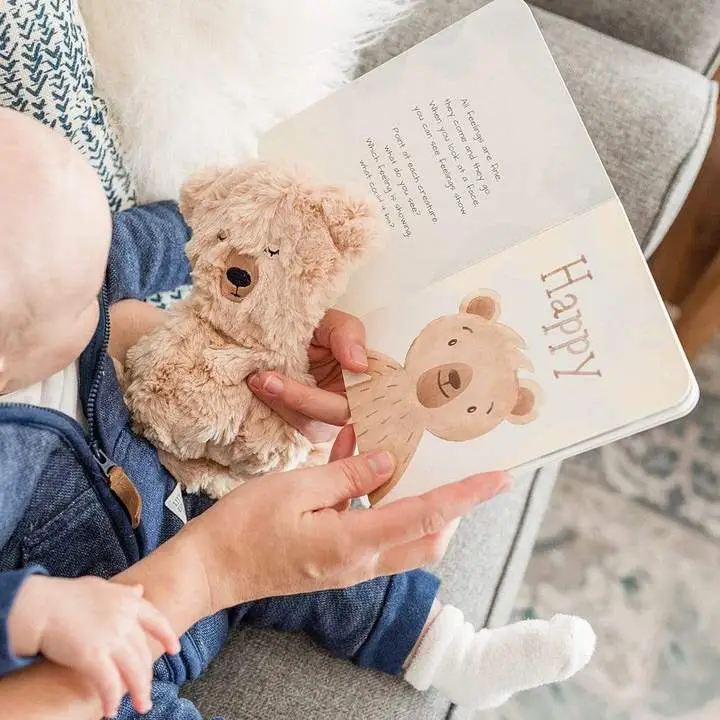



Comments